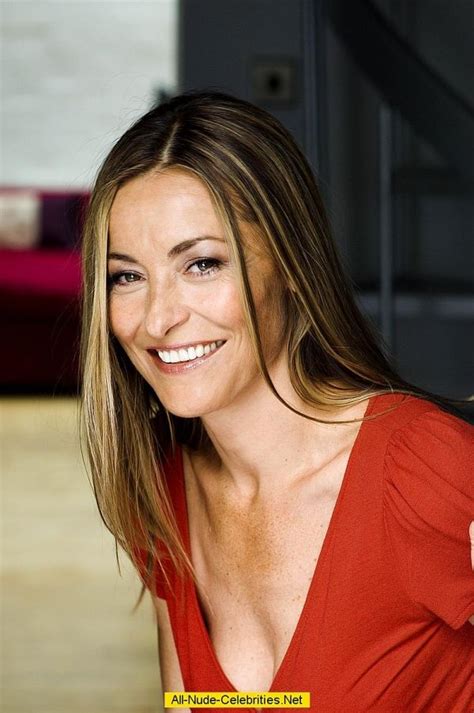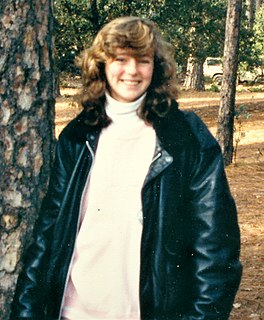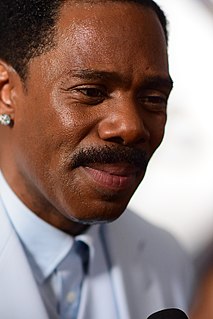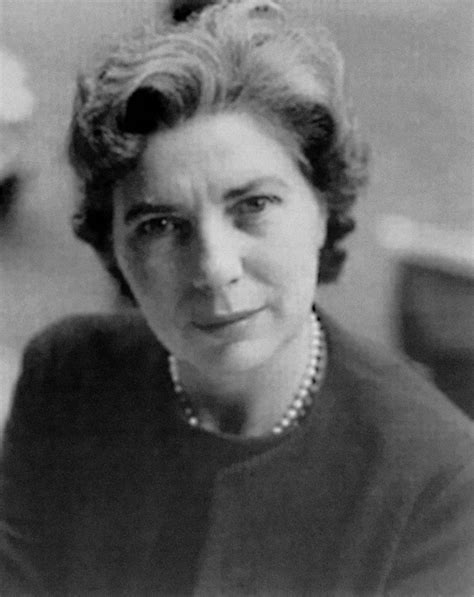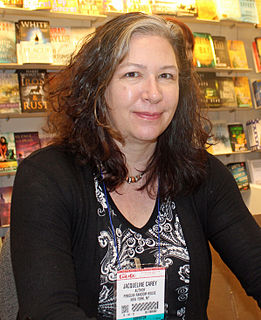A Quote by Amanda Donohoe
That's the problem with soaps, of course. The stories never end. They can go on and on and on.
Related Quotes
I have never been able to understand the complaint that a story is "depressing" because of its subject matter. What depresses me are stories that don't seem to know these things go on, or hide them in resolute chipperness; "witty stories," in which every problem is the occasion for a joke; "upbeat" stories that flog you with transcendence. Please. We're grown ups now.
Soaps have a schedule where you have to be done in 15 minutes. With an hour show, there's no way to get off schedule. On a movie, it's a lot easier to go back and reshoot scenes. I wasn't used to that at all... taking the time to really make each scene as good as it can be, which you can't do on soaps.
Considering the popularity of soaps with the African-American audience, it's grotesque that the entertainment industry, for all its vaunted liberalism, is lagging so far behind social changes in the United States. And why has there never been an all-black daytime network soap? It would probably blow the white soaps off the map.
Stories? We all spend our lives telling them, about this, about that, about people … But some? Some stories are so good we wish they’d never end. They’re so gripping that we’ll go without sleep just to see a little bit more. Some stories bring us laughter and sometimes they bring us tears … but isn’t that what a great story does? Makes you feel? Stories that are so powerful … they really are with us forever.
I can't fall apart every time I mention that my mother's gone. I actually laugh about stories or things or situations. Of course there's a wound that will never be patched up, but I approach it with humor. Of course, I don't overlook it and go straight for the humor, but I think we have to have humor to move forward.
What's neat about TV is you get really rich, an opportunity to tell really rich stories over the course of 20 hours. Film is cool because it's an hour and a half to two hours. You go on an adventure and by the end it's all cleaned up. Maybe in a franchise you have three chapters of a great story but in TV you can really get deep. You have more time to tell stories so I would definitely not rule out doing television in the future because I think it's a great medium for telling stories.
Each of us is comprised of stories, stories not only about ourselves but stories about ancestors we never knew and people we've never met. We have stories we love to tell and stories we have never told anyone. The extent to which others know us is determined by the stories we choose to share. We extend a deep trust to someone when we say, "I'm going to tell you something I've never told anyone." Sharing stories creates trust because through stories we come to a recognition of how much we have in common.
Our problem is that the climate crisis hatched in our laps at a moment in history when political and social conditions were uniquely hostile to a problem of this nature and magnitude-that moment being the tail end of the go-go '80s, the blastoff point for the crusade to spread deregulated capitalism around the world. Climate change is a collective problem demanding collective action the likes of which humanity has never actually accomplished. Yet it entered mainstream consciousness in the midst of an ideological war being waged on the very idea of the collective sphere.
